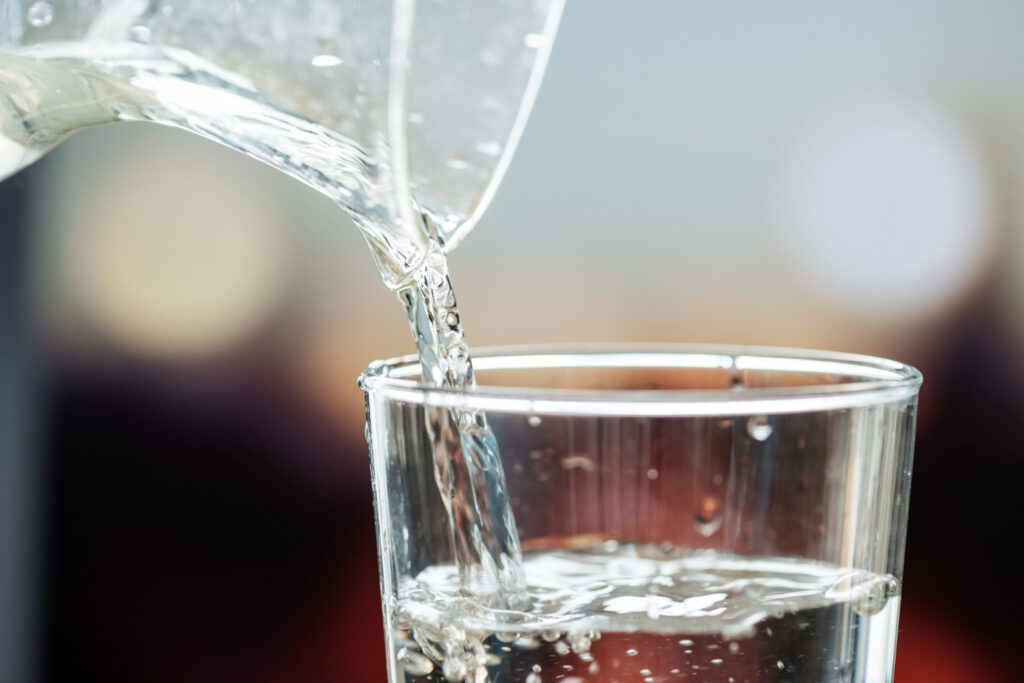The chemical composition of seawater
Seawater is much more than just salty. Although common salt or sodium chloride is the most recognized component, in reality, it only constitutes approximately 10.9% of a sip of seawater. The rest is composed of a complex mixture of other minerals, acids and, of course, pure water. This unique composition is what gives the sea its saline character and is vital for marine ecosystems.
Sodium chloride: common salt
Sodium chloride is the main responsible for the salty flavor of seawater. Although it only represents a fraction of the total composition of marine water, it is the most abundant compound in terms of dissolved salts. This salt comes mainly from the erosion of rocks on Earth and is transported to the sea through rivers and currents.
Other salts and minerals present in seawater
In addition to sodium chloride, seawater contains a variety of other mineral salts, such as magnesium chlorides, calcium sulfate and sodium bicarbonate. These minerals are essential for marine life, since many organisms depend on them for their biological processes. For example, calcium is crucial for the formation of shells and skeletons in many marine animals.
The importance of pure water in the sea
Although sea water is salty, much of its composition is pure water. This water is essential for life, since it dissolves and transports the necessary nutrients for marine organisms. In addition, the proportion of pure water in the sea plays a key role in the regulation of salinity and water density, which in turn influences oceanic currents and global climate.
Don't forget to visit our channel Youtube for more curiosities.








